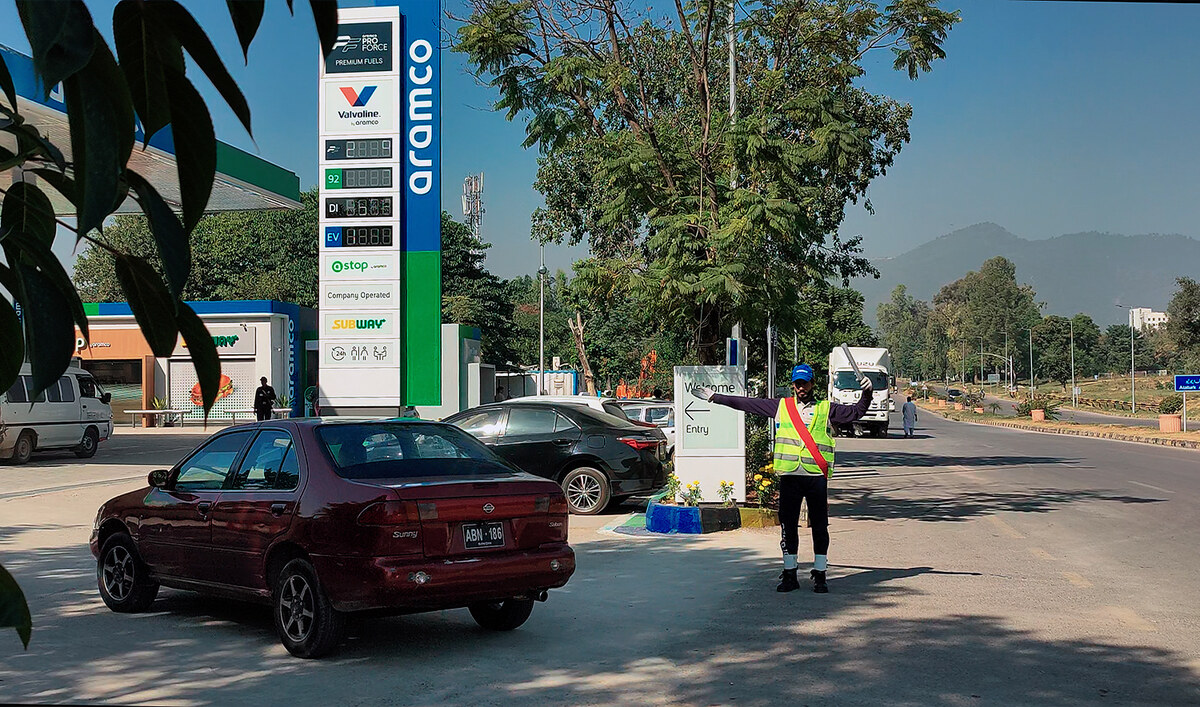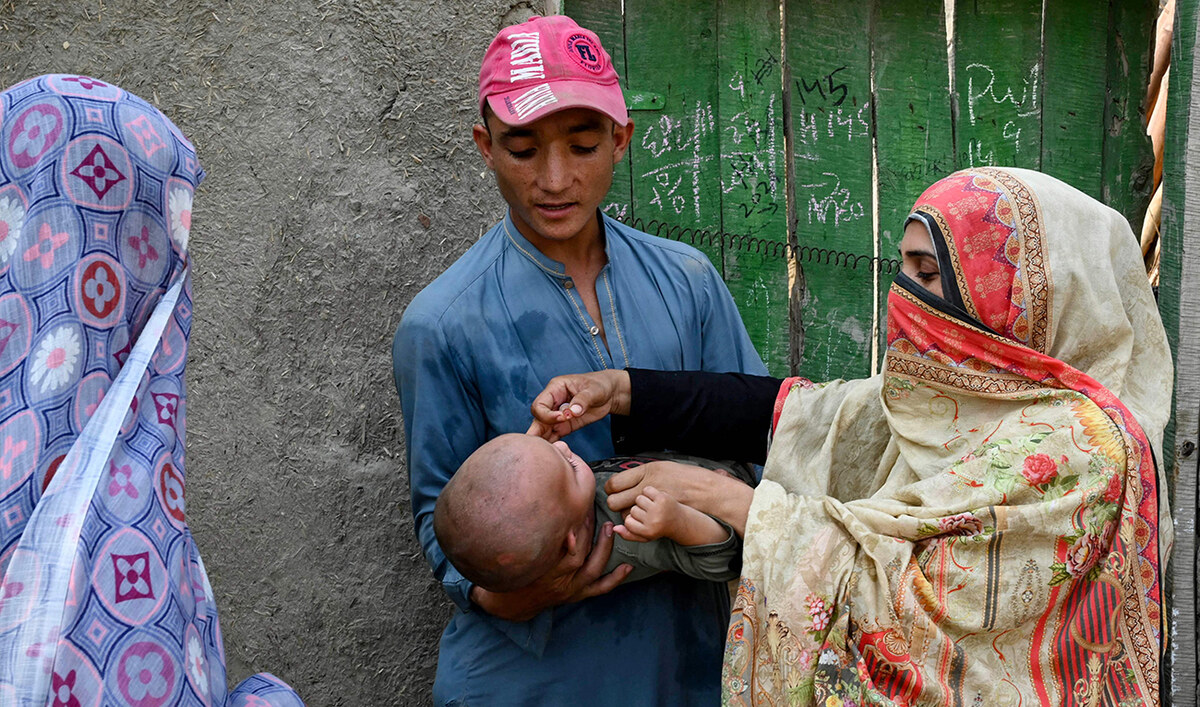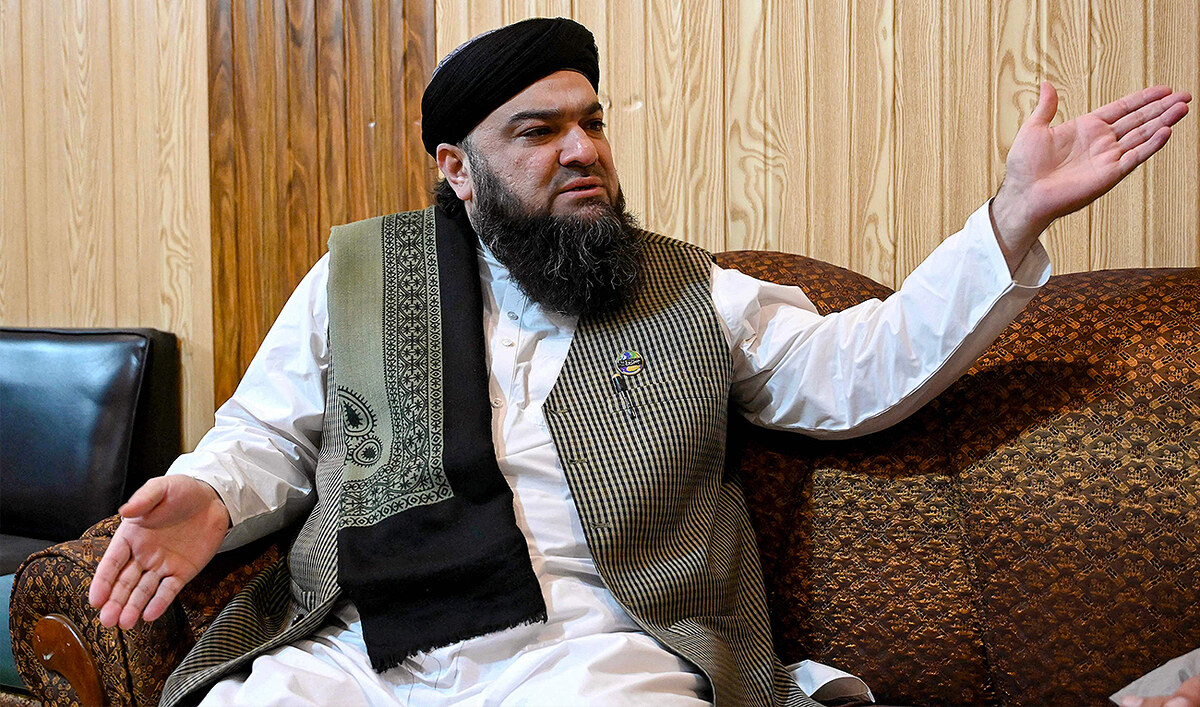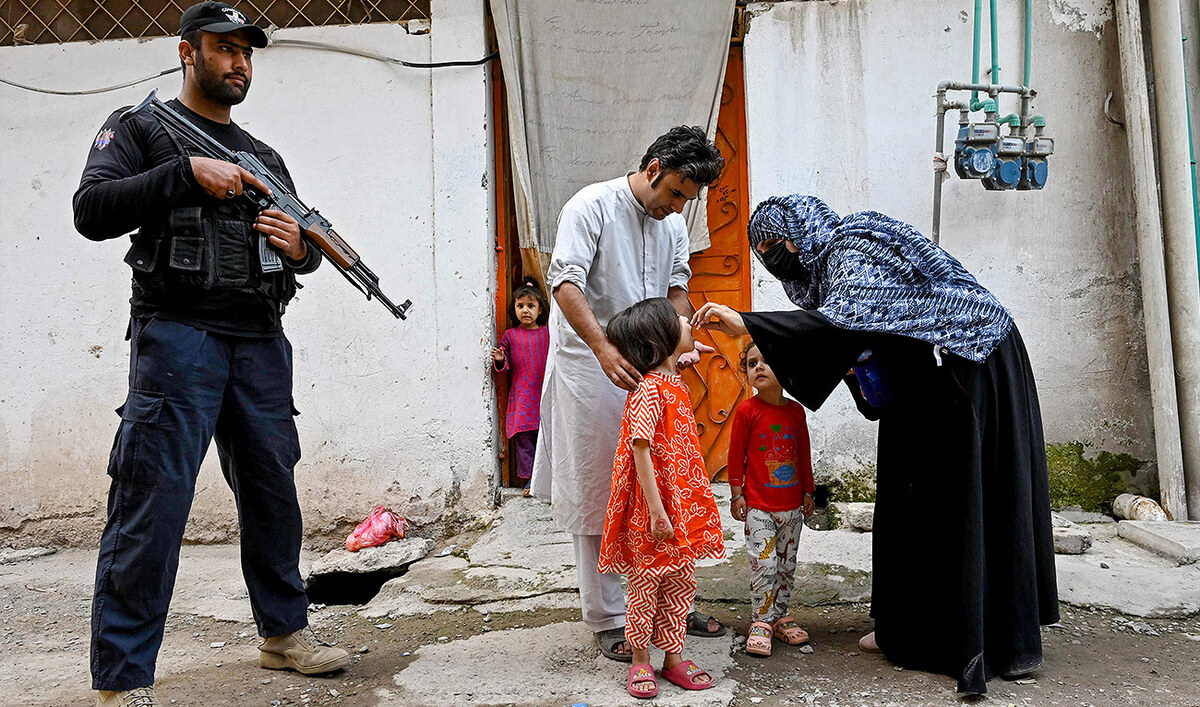ISLAMABAD: At least 19 people, including 11 members of a family, have been killed in rain-related incidents in Pakistan’s northwestern Khyber Pakhtunkhwa (KP) and eastern Punjab provinces in the last 24 hours, provincial authorities said on Tuesday, as heavy monsoon rains lashed parts of the country.
Pakistan’s National Disaster Management Authority (NDMA) warned on Monday that strong monsoon currents from the Bay of Bengal could trigger heavy rains and flash floods in Punjab, Azad Kashmir, Sindh and the KP province.
“As a result of accidents due to recent rains, 13 people died and six people were injured during the last 24 hours in KP,” the KP Provincial Disaster Management Authority (PDMA) said in its daily situation report on Tuesday.
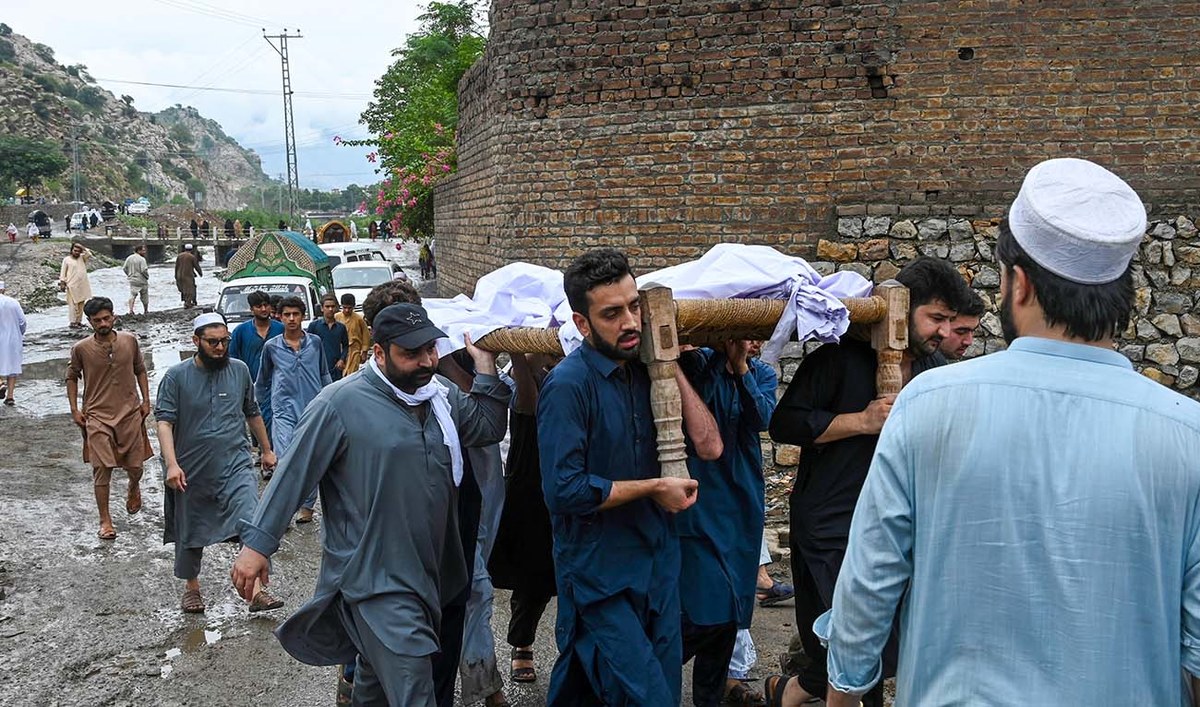
Relatives carry the body of a deceased who died in flash flood waters in Darra Adamkhel, Khyber Pakhtunkhwa province of Pakistan, on July 30, 2024.(AFP)
In KP’s Kohat, rescue officials said, 11 members of the same family died, when floodwater inundated the basement of their house.
A total of 16 houses were damaged due to heavy rains and winds in KP in the last 24 hours, of which 15 were partially damaged whereas one was completely destroyed, according to the PDMA. Kohat, Bajaur, Lower and Upper Chitral, Upper Dir, Swat and Swabi were among the most affected districts.
“PDMA, district administrations and relief teams are engaged in relief activities in the affected areas,” it added.
Flash floods also washed away the main Mahandri bridge in KP’s Kaghan, leading to disruption in traffic to Gilgit-Baltistan via Babusar Pass. Roads and infrastructure throughout Kaghan and surrounding areas were also damaged and a main fiber optic cable was cut off, causing an over four-hour disruption in Internet and other telecommunications services in Gilgit-Baltistan.
In Punjab, at least six people were killed in rain related incidents, while another six were injured in the last 24 hours, according to authorities. Heavy rainfall damaged 61 houses while 39 animals were also killed.
“Citizens are requested to stay away from old and dilapidated buildings,” the Punjab PDMA said in a statement. “Avoid unnecessary travel in bad weather conditions.”
Moderate to high flood conditions might prevail in Jhelum, Chenab and Indus rivers from July 30 till Aug 4, it added.
On Monday, Prime Minister Shehbaz Sharif directed the NDMA to implement urgent measures to ensure public safety amid torrential monsoon rains in many parts of Pakistan.
Pakistan is recognized as one of the most vulnerable countries to climate change effects in the world. This year, the South Asian country recorded its “wettest April since 1961,” with 59.3 millimeters rainfall and at least 144 deaths in thunderstorms and house collapses, mostly in Khyber Pakhtunkhwa, according to the authorities.
Last month, a UN official warned that an estimated 200,000 people in Pakistan could be affected by the upcoming monsoon season, which is expected to bring heavier rains than usual.
The United Nations, with help from local authorities, has prepared a contingency plan, with $40 million set aside to respond to any emergencies, said Mohamed Yahya, the newly appointed Resident Coordinator and Humanitarian Coordinator in Pakistan.
Unusually heavy rains in June 2022 triggered flash floods in many parts of the country, killing over 1,700 people, inflicting losses of around $30 billion, and affecting at least 30 million people.





